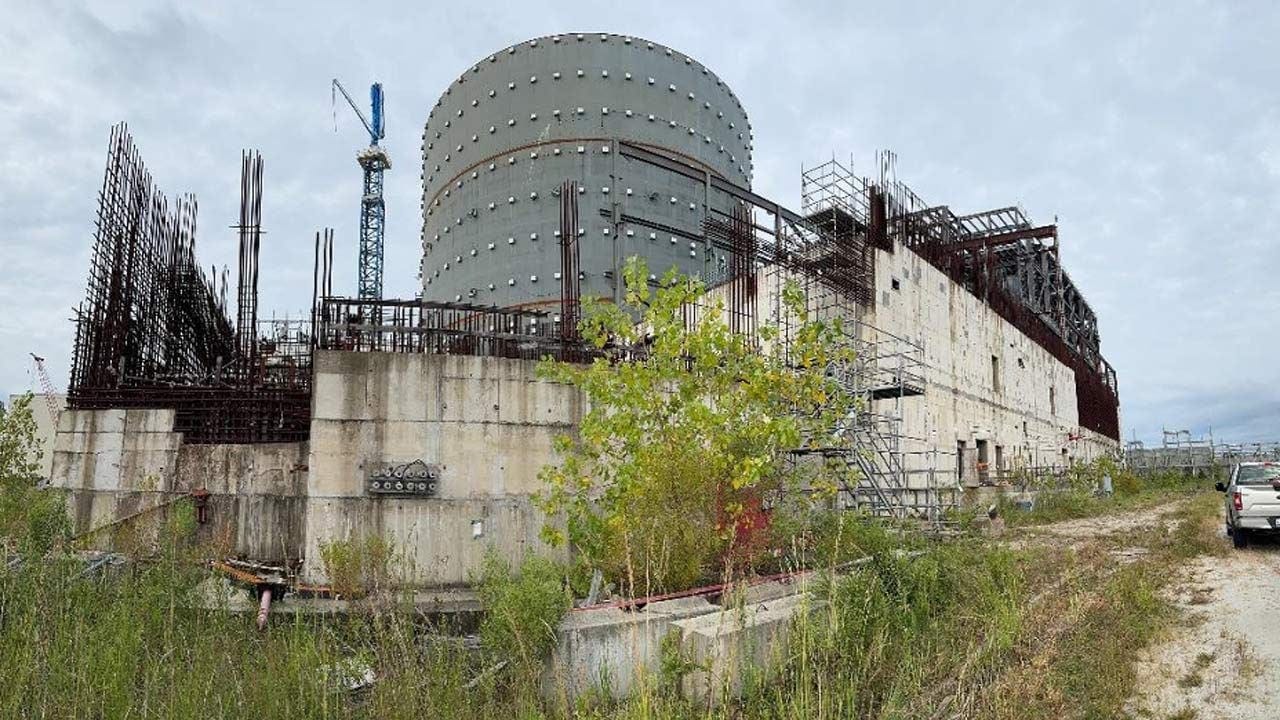Katy Huff’s Scientific American opinion piece, “Killing a Nuclear Watchdog’s Independence Threatens Disaster,” isn’t about improving safety—it’s about keeping nuclear energy locked in bureaucratic paralysis. She and her co-authors argue that reforming the Nuclear Regulatory Commission (NRC) would lead to catastrophe, invoking Chernobyl and Fukushima as if any attempt to improve regulation will set us on the path to disaster.
This kind of fear-driven thinking is exactly what has held nuclear energy back for decades.
We already know nuclear is the safest way to generate electricity. The only reason a regulator exists is to ensure that the public trusts its safety. Yet today, the NRC does the opposite—it smothers nuclear development with bureaucratic paralysis while letting dirtier, more dangerous energy sources thrive.

Regulating Through Fear to Justify Stagnation
Huff claims that “failure to maintain regulatory independence” will lead to regulatory capture. But today’s NRC is already captured by its own inertia. Its licensing process is so slow and expensive that only a handful of massive corporations can navigate it. The result? Nuclear remains a niche industry instead of the foundation of our energy system.
She warns that political oversight of the NRC would make nuclear unsafe. But when an overwhelming bipartisan majority—393-13 in the House, 88-2 in the Senate—passes the ADVANCE Act of 2024 to modernize regulation, that’s not “political interference.” That’s accountability. If the NRC refuses to follow the will of the people’s elected representatives, who exactly is it serving?
The Cost of 100% Safety
What if regulators demanded absolute, zero-risk safety for electrical wiring? Every circuit would need redundant fail-safes, fireproof insulation materials, and extensive testing. Home wiring would be so expensive that most people simply couldn’t afford it.
Would this make people safer?
Of course not. Instead, people would revert to wood-burning stoves, breathing in toxic smoke, shortening their lives. Refrigeration would become a luxury, leading to food spoilage and poisoning. Industries would grind to a halt because electricity would be too impractical to access.
All in the name of “safety.”
This is what happens when regulation crosses the line from reasonable oversight to irrational paralysis. Instead of preventing harm, it forces people into worse, more dangerous alternatives.
Success, Not Fear, Builds Confidence
Huff argues that “an independent regulator plays a fundamental role in generating public confidence.” But trust in technology doesn’t come from regulatory roadblocks—it comes from public benefit through deployment.
People don’t trust airplanes because they’ve memorized FAA regulations. They trust them because they see them work.
Nuclear should be no different. The NRC doesn’t need to exist in a vacuum—it needs to deliver a working regulatory system that allows plants to be built and operated cost-effectively. Right now, it is failing at that job.
The World Needs More Than a Science-Fair Sideshow
A few dozen reactors in the U.S. isn’t progress—it’s hesitation. The world needs hundreds, not a handful.
In 2023, the U.S. pledged to build 200 GW of new nuclear by 2050. Since then, 35 other countries have committed to tripling their own nuclear capacity. This is the biggest industrial opportunity of the century. But it won’t happen unless we break free from the mindset that nuclear must be feared instead of built.
Fear-mongering doesn’t build trust. Success does.
The world isn’t waiting for another regulatory debate. It’s waiting for us to build.





